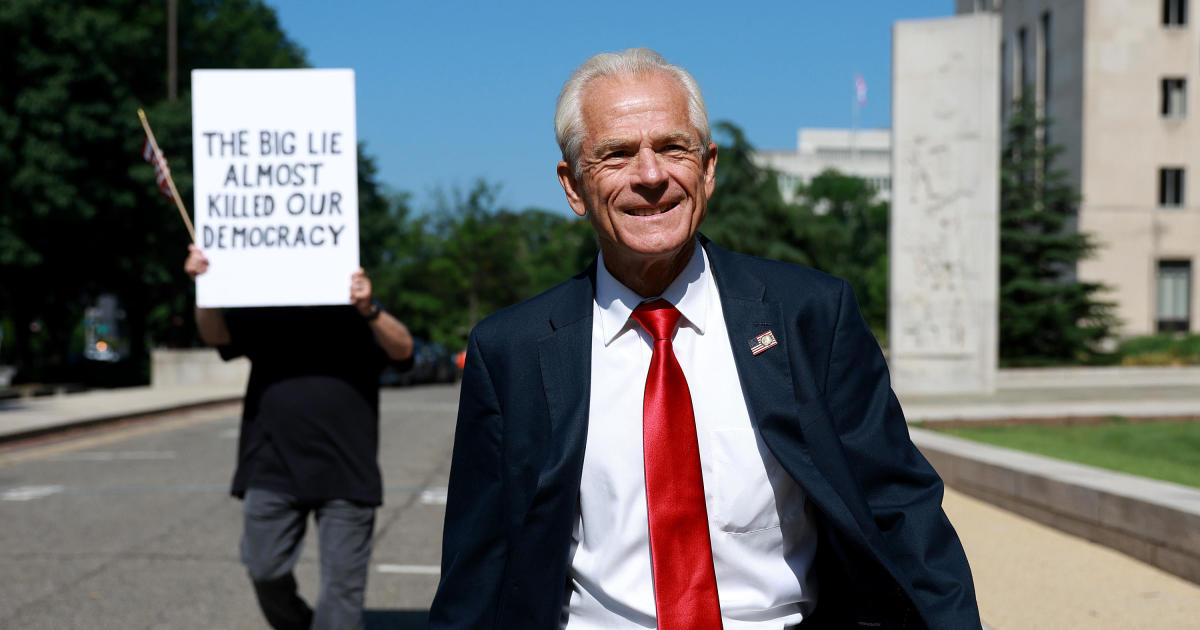Key takeaways:
- U.S. District Judge Amit Mehta rejected Peter Navarro’s argument that Donald Trump had asserted executive privilege over testimony Navarro was subpoenaed to give to the Jan. 6 House select committee.
- The judge ruled Navarro can’t use his contention that Trump asserted privilege as a defense at trial.
- This ruling means that Navarro will not be able to use executive privilege as a defense in court.
A federal judge has ruled that former Trump White House trade adviser Peter Navarro will not be allowed to tell a jury that executive privilege was part of his decision to not respond to a congressional subpoena from the now-defunct House select committee that investigated the Jan. 6, 2021, attack on the U.S. Capitol.
U.S. District Judge Amit Mehta rejected Navarro’s argument that Donald Trump had asserted executive privilege over testimony Navarro was subpoenaed to give to the Jan. 6 House select committee in winter 2022.
“There was no formal invocation of executive privilege by [Trump] after personal consideration nor authorization to Mr. Navarro to invoke privilege on his behalf,” Mehta said, according to Politico reporter Kyle Cheney.
The Jan. 6 select committee first subpoenaed Navarro in Feb. 2022 as part of its investigation into the attack on the Capitol and Trump and his allies’ actions in the days and weeks leading up to it. Navarro told Judge Mehta Monday that Trump had made it “very clear” that he wanted Navarro to invoke certain privileges and not respond to the Jan. 6 committee’s subpoena.
The judge ruled Navarro can’t use his contention that Trump asserted privilege as a defense at trial. This ruling means that Navarro will not be able to use executive privilege as a defense in court. It is unclear what other defense Navarro may use in the case.



Be First to Comment